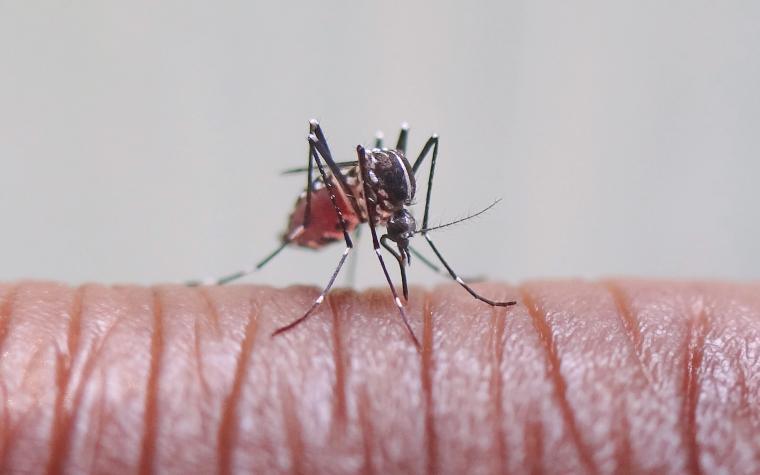
In honor of World Malaria Day on April 25, Drs. B. Fenton Hall and Anthony Fauci of the National Institutes of Health (NIH) National Institute of Allergy and Infectious Diseases (NIAID) released a statement recognizing the progress made in eradicating malaria worldwide.
While significant progress has been made to control and eliminate malaria, nearly half the world's population is still at risk from the mosquito-borne illness. The rate of new cases and deaths decreased by 41 percent and 60 percent, respectively, between 2000 and 2015, the NIAID release said. Approximately 212 million new cases and 429,000 deaths occurred in 2015, of which 90 percent were in African children under age 5.
NIAID and International Centers of Excellence in Malaria Research (ICEMRs) scientists continue to work together in multidisciplinary research projects. Researchers have analyzed the genomes of 200 strains of Plasmodium vivax and tracked the spread of drug-resistant malaria-causing parasites and research into new anti-malaria drugs. NAID also supports the development of a malaria vaccine; 10 candidates are in clinical trials.
"The continued fight against malaria requires a sustained effort and global collaboration," Hall and Fauci said in the release. "On World Malaria Day, we thank the clinical trial volunteers who have participated in malaria research and join our partners in renewing our commitment to scientific efforts to find ways to control, eliminate and, ultimately, eradicate this ancient scourge."